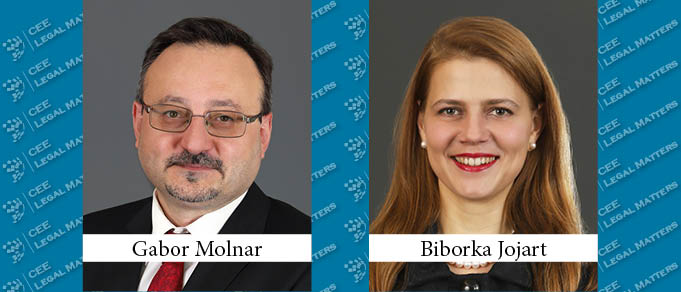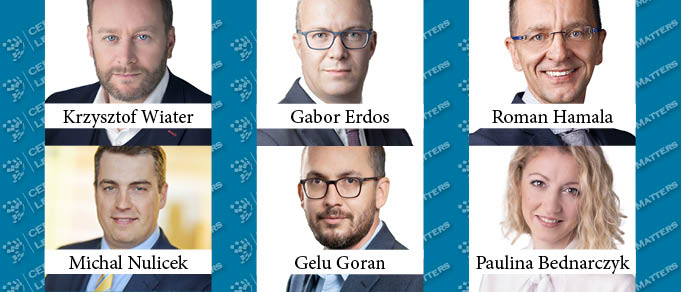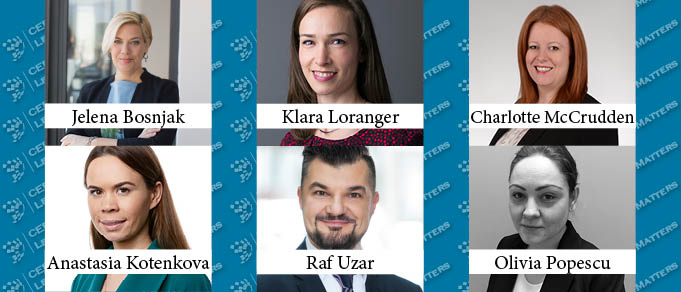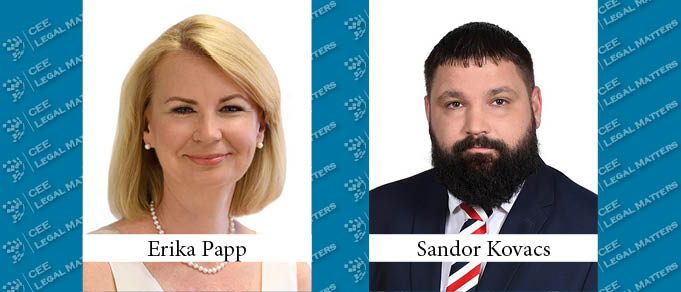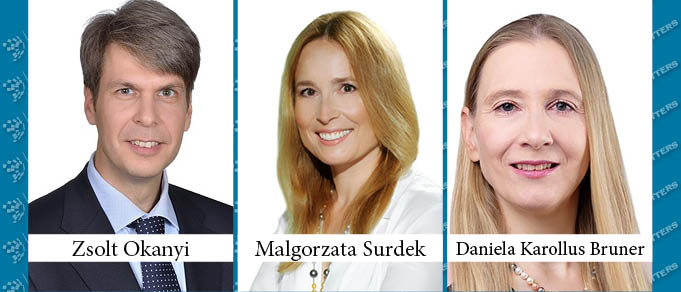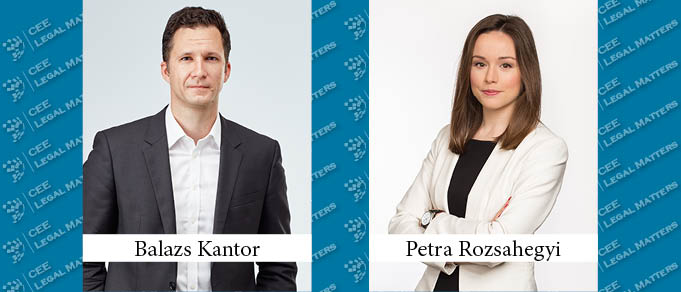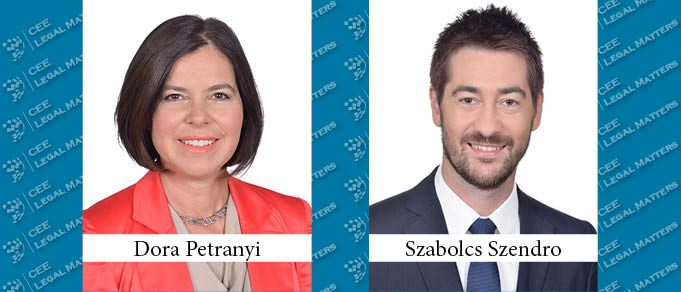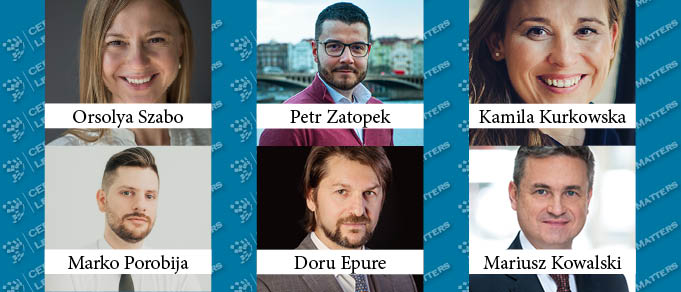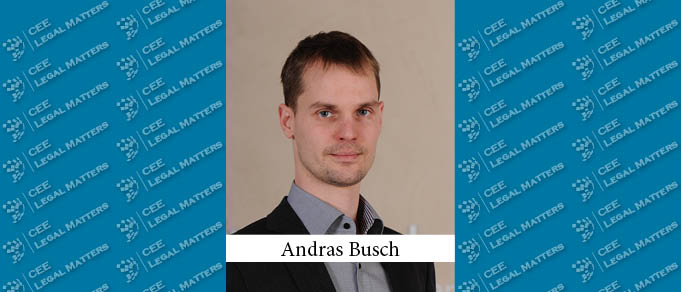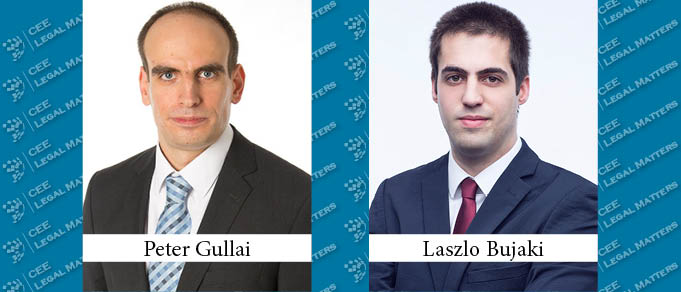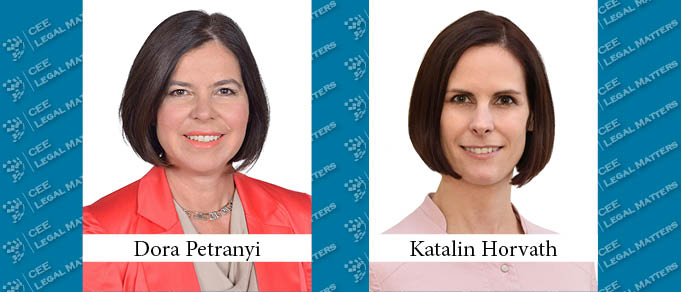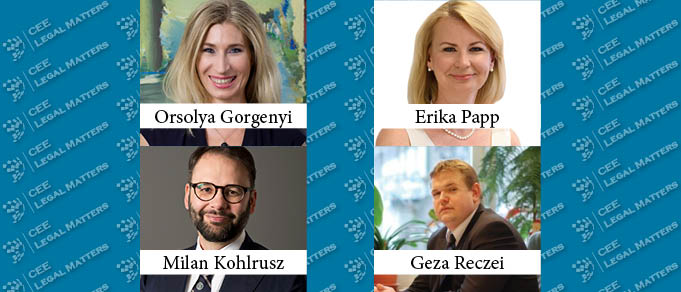On December 15, 2020 CEELM gathered legal experts from across the region for its annual Year-in-Review Round Table conversation. In a wide-ranging discussion, participants shared opinions and perspectives on their markets, on strong (and less-strong) practices across the region, and the effect of the COVID-19 crisis on both, as well as on how technology is changing the legal industry, and what the industry will look like in 2021.
Hungary: M&A Trends on CEE Markets in 2020 – Impact of COVID-19
Every spring DLA Piper publishes its annual M&A intelligence report. This past spring, we could only speculate on the effects of the pandemic as COVID-19 had just hit Europe. Informed by our experience of the past few months, we have recently published our updated M&A Global Report. Below we highlight a couple of trends that are impacting CEE.
Starting in Style: Interview with the Partners of the New NGL Symbio Alliance
Interview with the Partners of the New NGL Symbio Alliance.
Marketing Law Firm Marketing: Most Valuable Software Tool
New technologies are all the rage, as law firms adapt to the telecommuting and digitalization realities that accompanied the Covid-19 pandemic. Accordingly, we decided to ask our Law Firm Marketing experts from across the region a simple question: “What is the single most important/valuable piece of software you use?” As always, we asked respondents to focus on the question at hand, rather than – as we put it – using the question simply as an excuse to “tell us that their firms are awesome.” Not everyone was able to resist.
Possible Challenges on the Hungarian Restructuring and Insolvency Market in 2021
Looking at the volume of non-performing loans in the balance sheets of the Hungarian banks, it is possible to believe that the situation has never been better. In fact, however, this is primarily due to the general moratorium introduced by the Hungarian government in March 2020, which protected both companies and consumers against insolvency and non-payment. Now, eight months later, financial institutions are preparing for a potentially massive wave of bankruptcies, as they already reserved HUF 250 billion in the first half of this year.
Arbitration and Virtual Hearings: Contract Disputes in the COVID-19 Era
One of the most important issues facing businesses in CEE is the impact of the ongoing COVID-19 pandemic on litigation and arbitration. In-person court and arbitration hearings have become problematic, if not impossible, and the importance of certain boilerplate contract clauses has skyrocketed. Zsolt Okanyi, Global Head of Dispute Resolution at CMS, Malgorzata Surdek, Head of Dispute Resolution at CMS Poland, and Daniela Karollus Bruner, Head of Dispute Resolution at CMS Austria, evaluate the current situation.
The Corner Office: Most Meaningful Charity or Pro Bono Commitment
In The Corner Office we ask Managing Partners across Central and Eastern Europe about their unique roles and responsibilities. The question this time: “What one ongoing pro bono initiative or project or charity/volunteering project that your firm is involved with has the most meaning for you personally, and why?”
Expat(s) on the Market: An Update
Over the course of our seven years, CEE Legal Matters has interviewed most of the British lawyers working on the ground in Central and Eastern Europe as part of our recurring “Expat on the Market” feature. We reached out to them recently and asked them to bring us up to speed on what they’re doing and/or share their thoughts on the ramifications of Brexit or the ongoing COVID-19 crisis.
Hungarian Government Restricts Small Entrepreneurs Tax
In 2012 a simplified lump sum tax, known as KATA, was introduced for small businesses. The rules of KATA allowed small businesses, including private entrepreneurs, to opt to pay a lump sum monthly tax of HUF 50,000 (EUR 145) per person employed by the business. Businesses paying the lump sum tax are relieved of any other income or payroll taxes. The regime is applicable to income of up to HUF 12 million (approximately EUR 34,000) revenue per year. Above this limit, a tax rate of 40% is applied to the excess.
Hungary: Recent Competition Law Decisions to Challenge Your Data Collection Practice
Some experts say that “data is the new oil,” but oil can catch fire easily without proper handling. When you hear concerns about the collection of personal data, you might first associate them with data protection regulations, but competition law can also seriously affect your business. Competition authorities have intervened recently against platforms by using patterns that might be widely applied to other companies. Is this just the beginning? Who is in danger?
Blazing a Trail for LegalTech in CEE
According to its website, Budapest-based InvestCEE aims to “humanize technology” for lawyers and provides services to law firms and in-house counsel in Hungary, Romania, Croatia, Poland, and the Czech Republic.
Inside Insight: Interview with Andras Busch, General Counsel at Siemens Energy Hungary
An interview with Andras Busch, General Counsel at Siemens Energy Hungary.
Hungary: The Results of the First METAR Tender
In March, 2020, the Hungarian Energy and Public Utility Regulatory Authority (HEPURA) published the official results of the first tender procedure of the Hungarian Renewable Energy Support System (METAR), in which bidders were encouraged to apply for state subsidies in (i) power plants between 0.3 MW and 1 MW capacity (the “Small Category”) and (ii) power plants between 1 MW and 20 MW capacity (the “Large Category”).
Hungary: (Over)Regulating Artificial Intelligence in the EU
In February, the EU Commission issued its new White Book on Artificial Intelligence – a European Approach to Excellence and Trust. The White Book is the prelude to a new EU regulatory framework for AI that aims to minimize the risks of AI and seize the opportunities it offers.
Marketing Law Firm Marketing: Childhood Dreams
We decided to lighten the mood this time around by asking our Law Firm Marketing experts from across the region a non-law-firm related question: “What did you most want to be when you were little?”
A Hungarian Life In Focus
A CEELM Profile of Daniel Szabo, Central Europe Team Lead at Hewlett Packard Enterprise in Budapest.
Raising The Bar: Hungary’s New CLE Requirements for Lawyers
On January 1st, 2020, the Hungarian government adopted new legislation making continuing professional education compulsory for lawyers, post-qualification, along the lines of post-certification training and education that tax advisors and accountants had been forced to obtain for many years.
Deal Expanded: Extreme Digital/eMAG Merger
Allen & Overy Counsel Balazs Sahin-Toth Talks About the Deal of the Year in Hungary


